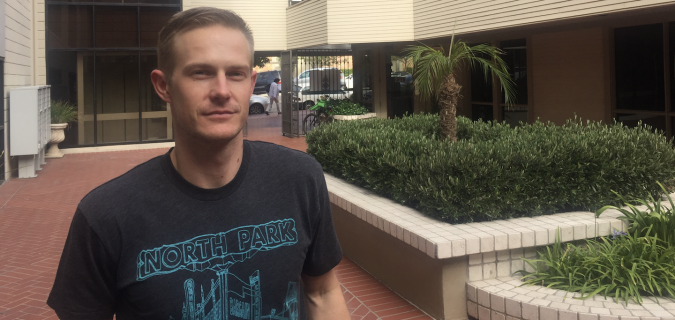Nathaniel Broughton is a Partner at Plus2 Capital, a private fund that owns Eligibility.com and PolicyZip, an insurance agency. Follow him @natebro.
Recently, YEC spoke with Broughton about his experiences building a community for customers and stakeholders in his business, and what others interested could learn about the process. His best advice is below.
Remove “Networking” From the Equation and Focus on Friendship
Friendships are at the core of any community. I moved to San Diego five years ago and launched a networking group called SoCA.ly. In a new city, I didn’t know many people. Now I have dozens of close friends, and close to 1,000 local entrepreneurs have attended our event. That’s a lot of potential friendships created.
A collective feeling that runs throughout the group: what I like to call the “I’m here for a reason and I’m happy about it, I belong” feeling. You know it’s a community when people can interact, have a few laughs, and two hours later forget about keeping tabs on whether they’ve furthered their professional career by being there. Communities are about mutually sharing, and giving versus getting. You’re proud of a community, of being a member and of the other people who are members.
Be generous with your time, and don’t ask for anything. I like when someone asks, “So why are you here? What can you get out of it?” I think the best response — and the response you want from people who are at your event or in your community — is this: “I’m just here to talk to like-minded people and have fun. The rest will take care of itself. How can I help you?”
Tap Into What You Do Best as a Community
Don’t lose sight of what makes your community unique. It’s common for things to change as you grow. You need a bigger venue, or a need for more money or more rules to keep things in order. Maybe what makes the community so attractive is the lack of those things. In other words, if adding sponsors, ads and set agendas is going to kill the vibe of what you’ve built, stay away from these additions. You manage this by paying attention and listening to the opinions of your early members.
It took us a few years to realize that our best events were held at people’s houses. The open timeframe, the more casual setting… even the opportunity to get to hang out at a cool house in Del Mar or La Jolla in and of itself: those intangibles created a better atmosphere and better attendance. It’s also an important part of SoCA.ly that everything is free and paid for (no membership fees, no tabs at restaurants). That’s more easily managed at a private home than at Donovan’s.
Don’t Plan How the Relationship Will Pan Out Right Away
Friendships are relationships, and as you get to know people, you internalize their stories and their skills. Something comes up months later, and you know who to call. For my business, it’s been valuable recently as we have looked into new lead generation markets for Eligibility.com. I simply head back to the Rolodex of SoCA.ly members and think, “This person knows all about marketing to attorneys, I’ll call them.” It’s cool when the business case for a relationship presents itself months or years after becoming friends with someone, and not within the first five minutes of meeting.
Start small, ask for nothing, and make friends. Our first event in San Diego was before I even moved here. For months, if I met someone at a conference who was from San Diego, I made sure to get their contact information and float the idea of doing a dinner for entrepreneurs some day. We brought 12 people together that first dinner. Friends invited friends. Some people were just happy to have a reason to get together. And I was the reason: the connector who initiated the dinner. That’s a good position to be in, and we were all excited to do it again a few months later and invite more people.
Don’t Be Afraid to Cater to More Than One Niche
There are similar groups in town that throw monthly events focused on startups, angel investing or internet marketing. I think it’s natural for the organizers of each event to gravitate towards one another. I’d say don’t be adversarial, and help each other out. Do cross-promotions when it makes sense. Attend each other’s events and show support. Make an introduction for a speaker, or offer up ideas on event space. Throw a joint event. In fact, we did that in L.A. a few times, and it was great because it took two groups and mixed them up, leading to new opportunities for everyone in attendance.













